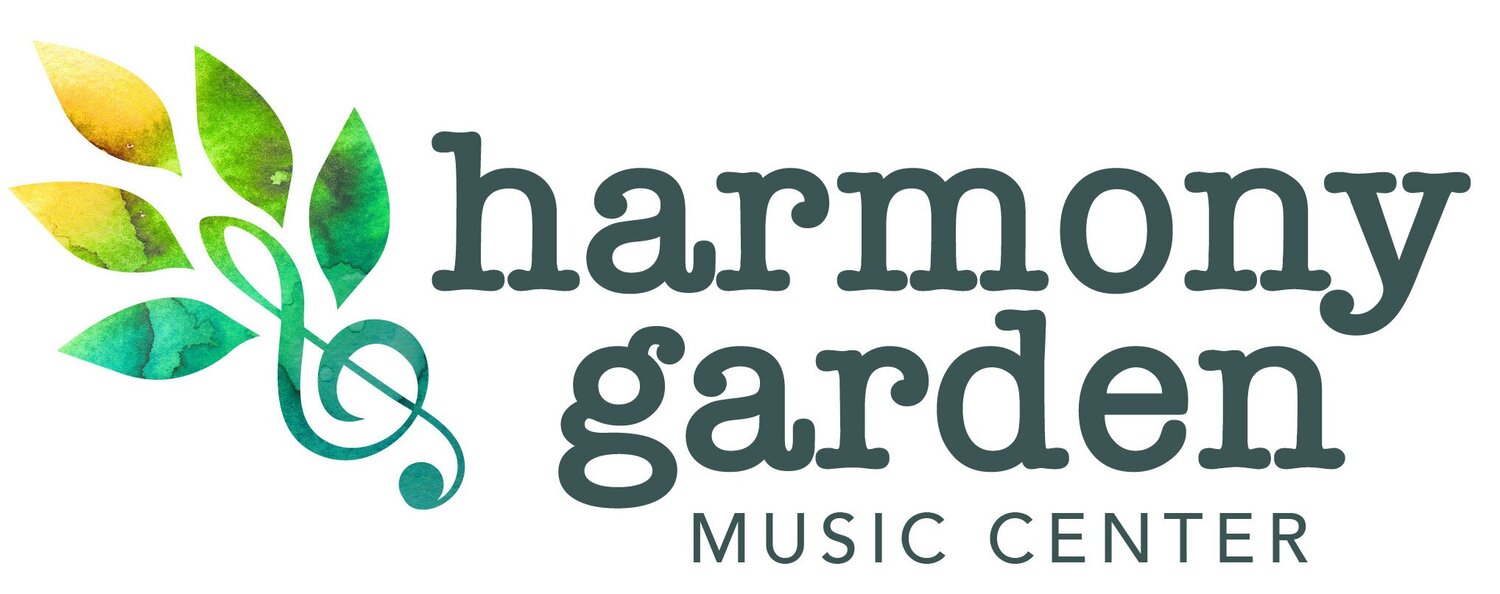Composer of the Month: Ravi Shankar
“Difference between motivation and inspiration - Motivation is external and short lived. Inspiration is internal and lifelong.” -Ravi Shankar
Ravi Shankar, born on April 7, 1920, in Varanasi, India, was a visionary sitar virtuoso and composer who played a pivotal role in introducing Indian classical music to the Western world. His contributions extend beyond his mastery of the sitar; he was instrumental in bridging cultural divides, fostering a deeper appreciation for Indian musical traditions globally.
Shankar's early training began under the tutelage of his guru, Allauddin Khan, which grounded him in the intricate nuances of ragas and talas. He gained international acclaim in the 1960s, notably through collaborations with Western musicians such as George Harrison of The Beatles and jazz saxophonist John Coltrane. These partnerships not only enriched his musical vocabulary but also popularized Indian music in a Western context, influencing countless artists and genres.
His performances at major festivals, including Woodstock in 1969, showcased the sitar's potential as a solo instrument and introduced audiences to the spiritual and meditative aspects of Indian music. Shankar was also a prolific composer, creating original works for both Indian ensembles and Western orchestras, and his efforts culminated in significant contributions to film music, notably for the Oscar-nominated soundtrack of "Gandhi."
In addition to his performances, Shankar dedicated himself to education, founding the Ravi Shankar School of Music in California and conducting workshops worldwide. His legacy is preserved not only in his recordings but also in the many musicians he inspired. Ravi Shankar's profound impact on global music continues to resonate, making him a timeless figure in the cultural tapestry of the 20th century. Through his artistry, he fostered an enduring dialogue between East and West, celebrating the beauty of cross-cultural exchange.
Shankar’s Greatest Hits
Selections from the album “West Meets East” featuring Yehudi Menuhin, violin, with Ravi Shankar, sitar
"West Meets East," released in 1967, is a groundbreaking album featuring Ravi Shankar and violinist Yehudi Menuhin. This collaboration blends Indian classical music with Western influences, showcasing Shankar's sitar alongside Menuhin's violin. The album exemplifies cultural fusion and highlights the beauty of cross-genre dialogue, significantly impacting global music appreciation.
“Raga Mala”
"Raga Mala," released in 1997, is a celebrated album by Ravi Shankar, featuring a collection of his compositions and improvisations. This work intricately weaves together traditional ragas, showcasing Shankar's virtuosity and deep understanding of Indian classical music. It stands as a testament to his lifelong dedication to the art form. This video is from Shankar’s “Tenth Decade in Concert,” performed when he was 91 years old!
